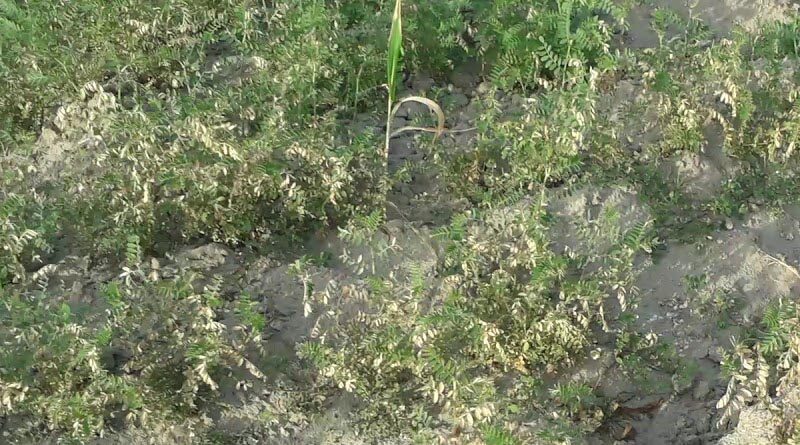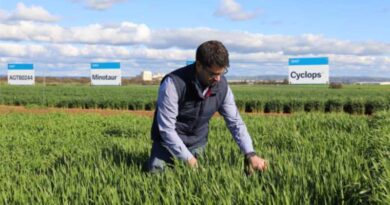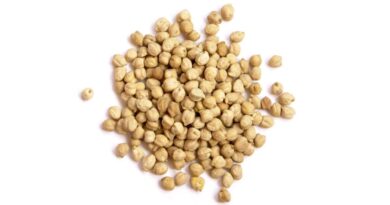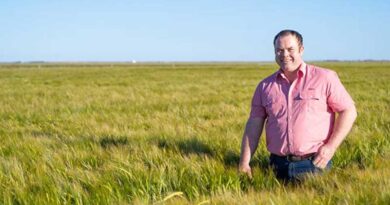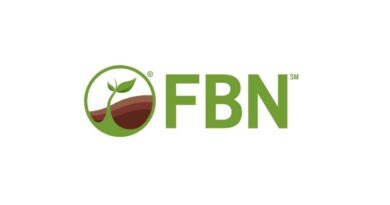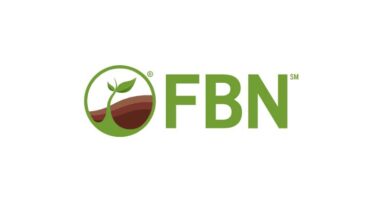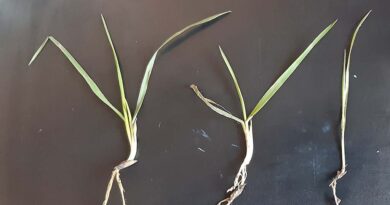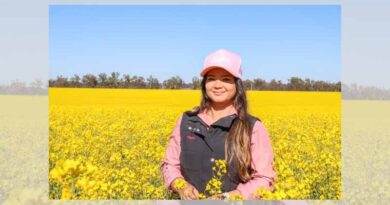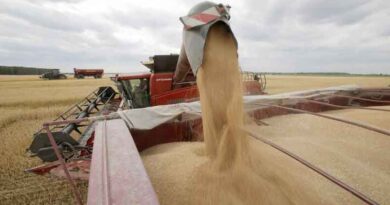Australia: Chickpea breeding focused on WA growers
16 February 2022, Australia: Promising results in trials of a new chickpea variety could see the popularity of this pulse grow significantly amongst Western Australian growers in the 2022 growing season.
The new variety, CBA Captain, is an erect desi type with early to mid-flowering, moderate lodging resistance and excellent harvestability.
Its release is part of the Chickpea Breeding Australia (CBA) initiative; a five-year, $30-million breeding program, launched in early 2020, that is working to expand the geographic reach of chickpeas from their traditional northern NSW and QLD region stronghold into central and southern NSW and WA.
CBA is a collaboration between the Grains Research and Development Corporation (GRDC) and the NSW Department of Primary Industries (DPI)
CBA program leader and NSW DPI chickpea breeder Dr Kristy Hobson said the team is engaging at every possible angle to improve yields, cold tolerance, disease resistance and adaptation to certain soils – constraints that have held chickpea production back.
CBA Captain was released in 2020 and is already showing what is possible. Dr Nathan Craig, the executive officer of West Midlands Group, has conducted trials and field days with CBA Captain and said he was impressed.
“CBA Captain is awesome when compared to PBA Striker. It has more vigour, is healthier and seems more adapted already. I am pretty confident that there is a great future in WA with chickpeas and CBA Captain is part of that.”
Time-of-sowing trials have also shown how well chickpeas perform when planted a month earlier, in mid-April. Last year, the West Midlands Group trials with varieties including PBA Striker saw yields double from one tonne per hectare to 2t/ha. The numbers on CBA Captain have not been crunched yet, but Dr Craig expects that variety to perform just as well.
CBA has more than doubled trial plot numbers from 1416 to 3540 in the past two years, with yield trials underway across the Wheatbelt.
Trials at Mingenew, Dalwallinu, and Cunderdin are yield evaluation of a mix of stages one to three desi breeding lines. Run by Living Farms, more than 3300 plots were planted during 2020 and 2021. The Department of Primary Industries and Regional Development (DPIRD) has been responsible for 192 plots of stage 3 desi lines at Scaddan, north of Esperance.
Living Farm managing director Richard Devlin said the trials have been interesting, not only because of the new germplasm being tested, but also because of the geographical push.
“Traditionally, chickpeas have been grown in the far eastern or northern wheatbelt. Kristy (Hobson) is pushing them more into the central and southern wheatbelt region with great results. From what we see coming across the header deck, these lines are doing well in terms of yield and harvestability,” he said.
Mr Devlin said this geographic push gives growers new legume options.
“At the moment, chickpeas are double the price of lupins. That’s a fair incentive to get it right. So, if we get the yield and agronomics correct, such as harvestability and disease tolerance, there will be a high uptake in the southern region.”
Australian Bureau of Agricultural and Resource Economics (ABARE) data reports indicate that WA planted 57,000ha of chickpeas in the 2020-2021 growing season, compared to only 8,000 ha in 2019-2020.
CBA is working to see the area of chickpeas planted in WA return to higher production levels again.
GRDC Manager – Pulses and Breeding Francis Ogbonnaya said GRDC recognises that there are several constraints that are limiting the widespread adoption of chickpeas in WA.
“This significant boost to the chickpea breeding program is likely to deliver improvements over the medium term, five plus years. GRDC is concurrently investing in areas such as better disease resistance, tolerance to particular soil constraints, broader environmental adaptation, and delivering better agronomic packages for chickpeas.”
CBA builds on the extensive work done as part of the Pulse Breeding Australia program, which was also led by NSW DPI in partnership with GRDC, Queensland’s Department of Agriculture and Fisheries, Agriculture Victoria and the South Australian Research and Development Institute.
In WA, CBA has partnered with regional seed partners, Australian Seed and Grain (ASG) and Eastern Districts Seed Cleaning Co (EDSCO), to distribute the CBA Captain chickpea variety.

